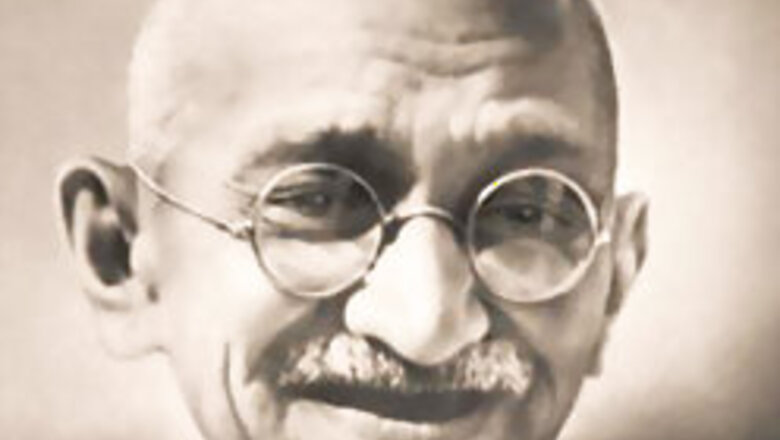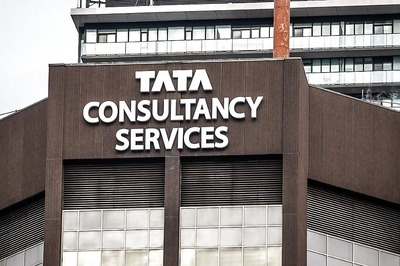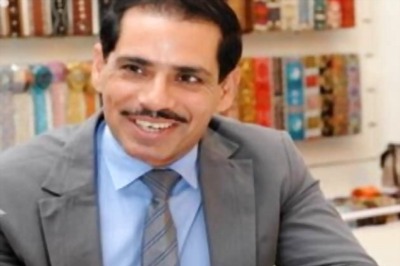
views
New Delhi: Mahatma Gandhi's diary written during the year of Indian Independence and held till recently under private possession will soon be open for public viewing at the National Archives here.
The small diary handwritten by Bapu in Gujarati is among a collection of other letters and documents handed over to the Archives by Varsha Das, former director of the Gandhi National Museum.
"We received Gandhi's diary 10 days back along with a collection of other documents from Varsha Das, the former director of the Gandhi National Museum," said Rajesh Verma, Assistant Director, National Archives of India.
Meena Jain, a childhood friend of Das had handed over to her, Gandhi's diary and other documents containing letters and several diaries written by Manu Behn, the niece of Mahatma Gandhi.
"I handed over the collection to the Archives in the first week of July as we do not display the original diary and documents at the Museum. Also, the Archives has the facility of temperature control that is suitable for the preservation of the diary whose pages are in a fragile condition," said Das.
The worn and yellow pages of the diary dated between April 13 to December 29, 1947 has detailed jottings by the late leader mostly in blue ink with also several entries in pencil all in Gujarati.
"The diary is a national as well as an international treasure. By keeping it in the Archives one will get to know a little more about Mahatma Gandhi's life and work than what we know at present," says Das.
Apart from Gandhi's diary the collection received by the National Archives contains 19 diaries written by Gandhi's niece Manu Behn along with several assorted pages with Bengali alphabets, pencil notes written in Hindi, Urdu and Gujarati as well as some illegible writings, said a source at the National Archives.
"The 19 diaries by Gandhi's niece contain her writings as well as several letters as old as 1944 that are addressed to her by Zakir Hussain, Indira Gandhi and other leaders and freedom fighters," adds the source.
The entire collection would be kept in ten folders in a chronological order at the Archives. Varsha Das, who was also formerly Director, The National Book Trust says, "A lot will be revealed through these diaries."
The Archives would laminate and produce a digitized version of the Gandhi's diary, which is expected to benefit researchers and scholars, she adds.
Rajesh Verma says, "A specific division would be assigned to preserve these documents." The Mahatma's diary would be kept separately from those of Manu Behn, he adds.
The diary is yet to be translated from Gujarati to various languages for the benefits of researchers and scholars who are interested in reading about Gandhi.
"We are looking for a person who can translate these Gujarati documents. We will get it done as soon as possible before it is open for public use," says Verma.
"People who know Gujarati can access the diary even now. In order to facilitate greater dissemination we plan to translate it into Hindi and English too," says the Assistant director.
Besides, the personal diary, an album of Mahatma Gandhi capturing his 1925 Madras tour, highlights of his visits, addresses, arrivals, speeches and public functions along with other items including undated press clippings, a 1942 calender, telegrams and a photocopy of a few Gujarati couplets would also be showcased at the National Archives.


















Comments
0 comment